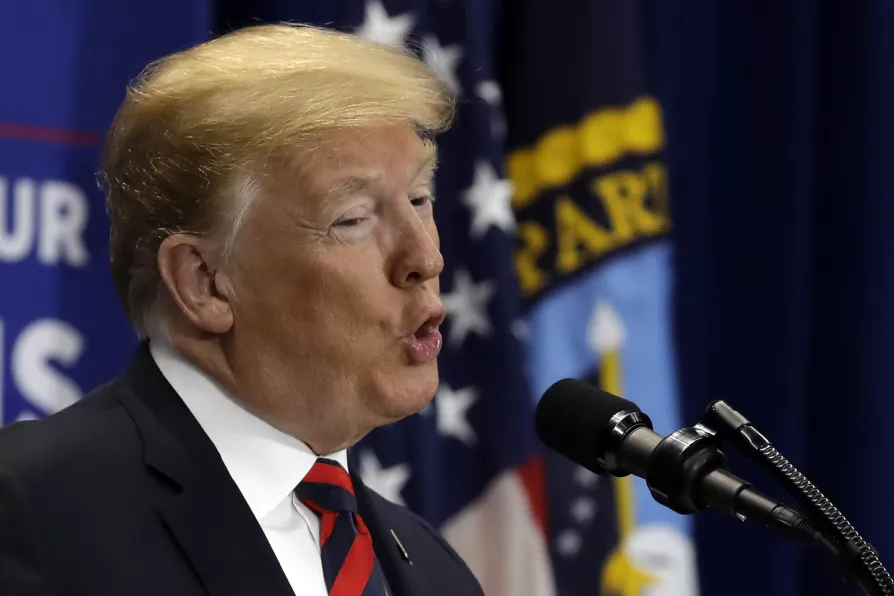Does widespread and uncontrolled use of AI change our relationship with scientific meaning? Or with each other? ask ROX MIDDLETON, LIAM SHAW and MIRIAM GAUNTLETT


WITH US-Mexico talks on a “new Nafta” heating up and facing a deadline to send a pact to Capitol Hill, union leaders met President Donald Trump at the White House on August 21 to warn him against making a bad deal.
AFL-CIO president Richard Trumka led the delegation, which included Steelworkers’ president Leo Gerard. Trumka issued a warning flag for the president in advance and the others stayed mum.
The AFL-CIO communications staff did not return either a call or an email seeking names of other participants.

The fatal shooting of Alex Pretti, a registered nurse and union member, has sparked nationwide protests and renewed calls from National Nurses United to dismantle Ice and related agencies, says MARK GRUENBERG

Organised workers at the notoriously anti-union global giant are scoring victory after victory, and now international bodies are pitching in to finally force this figurehead of corporate capitalism to give in to unionisation, writes EMILIO AVELAR

This strike is about pay and conditions, says CAMERON HARRISON – but it also shows workers have the power to disrupt the mightiest war machine on Earth

The plan is to stigmatise and destabilise South Africa in preparation for breaking it up while creating a confused and highly racialised atmosphere around immigration in the US to aid in denying rights to non-white refugees, explains EMILE SCHEPERS









